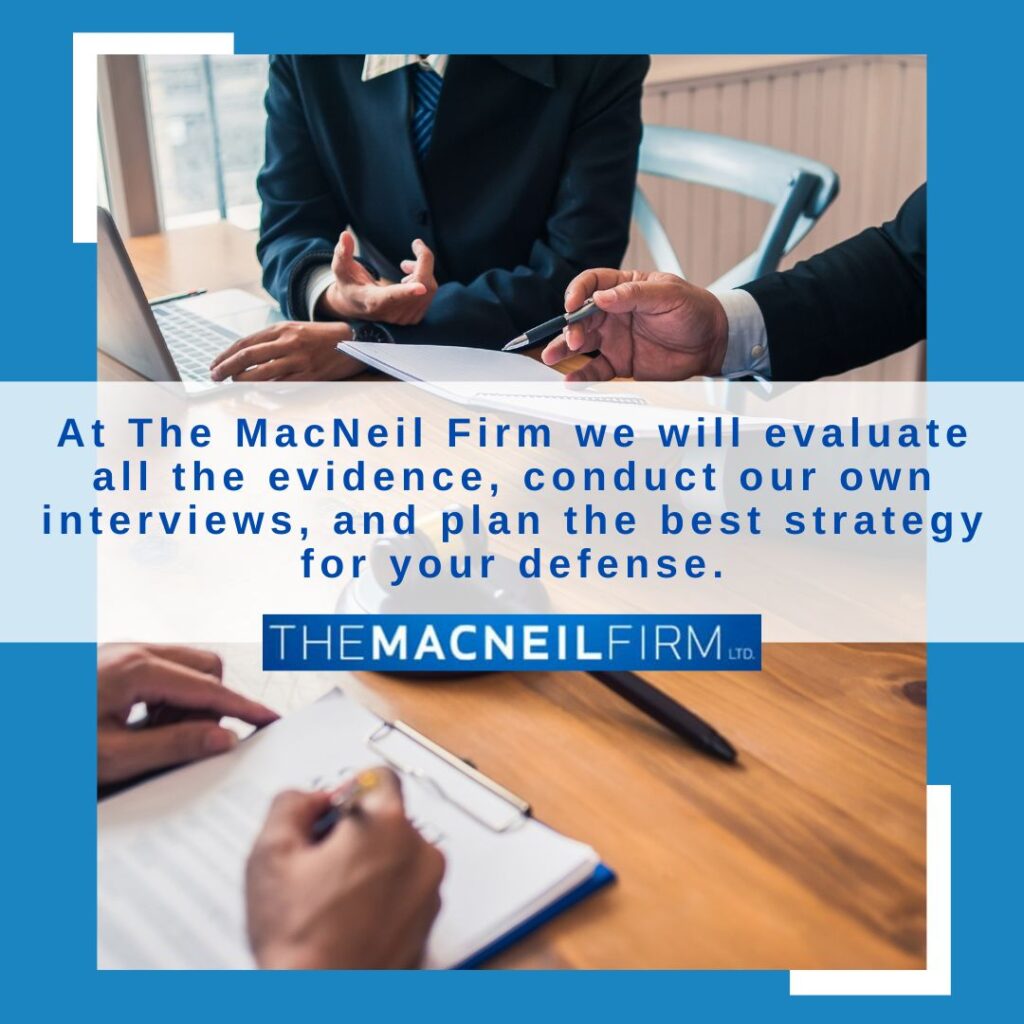The United States Department of Justice spends over $25 Billion annually on the investigation and prosecution of crimes. If you are under investigation, or have been charged with a Federal Crime, no expense has been spared by the government in their attempt to put you behind bars. Call our federal criminal offenses attorney in Illinois at 708-218-0947 now for a free case evaluation.
We handle all types of federal criminal cases, including possession or distribution of narcotics, drugs, cannabis, guns, gun-running, transport of weapons, fraud cases, mortgage fraud, Medicaid fraud, and Medicare fraud. Scott MacNeil is a certified public accountant (CPA), which is a great and valuable resource when handling white-collar or financial cases.
Federal Criminal Cases Overview
For the most part, state and federal laws are the same; the difference is in who is prosecuting you and what penalties are associated. Generally, the penalties in a federally-charged offense will be more serious than in a state-charged offense.
Generally, federal criminal offenses are investigated by federal agencies, such as the DEA, FBI, or Homeland Security. It’s also possible that an offense could be a joint investigation between the state and federal government. Depending on the situation, a state agency might investigate and make an arrest for a crime and then ask the Feds if they want to take over. Also, sometimes an arrest made by federal agents is given to the state’s attorney for state prosecution.
“Being investigated”, “person of interest”, and “preliminary inquiry” are code phrases that translate to the police’s intention to arrest you for a crime. It is their hope that you will make statements that they can use against you as evidence of guilt. If law enforcement agents are asking you about a crime and it is clear that you are not merely a witness in their eyes, then you should choose to remain silent.
When you exercise your constitutional right to remain silent, you are setting yourself up for greater chance of success in your case. Our attorneys at The MacNeil Firm will have the opportunity to evaluate all the evidence, conduct our own interviews, and plan the best strategy for your defense. We won’t have to undo any potentially damaging things that you may have revealed, so staying silent is best.
Being Arrested for Federal Criminal Offenses
Once you have been arrested for federal criminal offenses, you will have a detention hearing, which is a court proceeding during which they determine under what circumstances, if any, they are going to release you. For example, they might let you out on your own recognizance and your promise to show back up to court, make you post money or property in exchange for your release, or keep you in custody under any and all circumstances. Next, your case will go to the grand jury.
Following an indictment would be the pre-trial discovery phase, which is when the government has to turn over all of the evidence to us. This allows us to analyze exactly what we are dealing with and whether or not we think we can beat the case, or review the evidence for any search and seizure issues. Whether or not a federal criminal case will go to trial will depend on the strength of the evidence.
Our attorneys have experience in federal cases and are here to support you
The United States has traditionally been known to prosecute politicians, high-level drug dealers, and white collar crimes involving millions of dollars. However, the government has recently broadened its prosecutions to include internet based offenses, such as possession of child pornography or solicitation of a minor. Our federal criminal defense lawyers have extensive familiarity with these types of federal criminal offenses and have worked with computer and internet experts to successfully defend our clients against these charges.
If you have received a letter from the government, or federal agents have attempted to contact you, you are under investigation and need help fast. Time is of the essence. To avoid a lengthy prison sentence, you need to level the playing field by hiring your own aggressive federal criminal lawyer like those at the MacNeil Firm. Our attorneys have the experience and tenacity you need when you are defending yourself against Big Government. We offer innovative defenses and solutions to your federal criminal charges.



